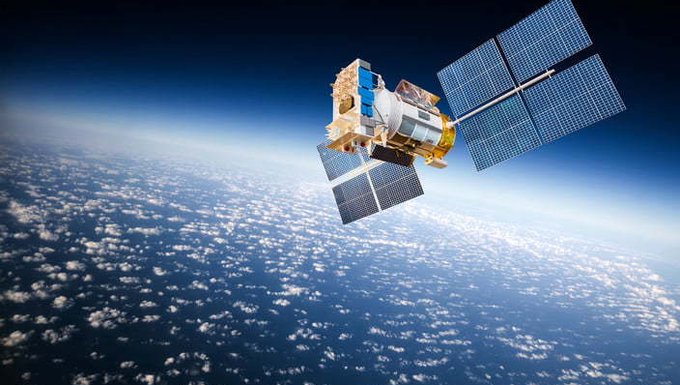
Anthony Fauci is retiring from government. In December, Fauci will leave his roles as an advisor to the White House and a leading official at the National Institute of Allergy and Infectious Diseases.
Fauci has said that he wants to leave the stage sooner than later. Fauci said in July that he would retire before the end of President Biden's first term, though he didn't say when. On Monday morning, the Washington Post published a lengthy interview with Fauci, in which he revealed that his retirement would happen this December.
Fauci will no longer be the chief medical advisor to President Joe Biden, as well as being the director of the NIAID and chief of the NIAID Laboratory of Immunoregulation. Fauci has been the NIAID director for 38 years and has worked in many administrations.
It has been an honor to lead the NIAID for so long and through so many challenges. I'm very proud of what we've accomplished. Many talented and dedicated people have worked with and learned from me in my own lab. Fauci said in his announcement that he respected and appreciated them.
Fauci has helped coordinate the country's response to many infectious diseases, including HIV/AIDS, West Nile virus, and now, covid-19. During the early days of the HIV/AIDS epidemic, he was accused of ignoring the problem. Fauci and other public health officials have been accused of not being completely open with the public about the benefits of mask-wearing early on in the covid-19 Pandemic, a strategy that seems to have been a clumsy attempt to preserve the then- limited supply of masks for health care

Fauci told the Washington Post that he and others were wrong to downplay masks for the public. According to survey data, Fauci remains well-trusted by a majority of the public despite being blamed for everything by the right wing. Fauci's efforts to combat the public health crisis were appreciated by many of his previous detractors.
Fauci doesn't want to leave the public eye completely.
I plan to pursue the next phase of my career after more than 50 years of government service. I want to use what I have learned as NIAID Director to continue to advance science and public health and to inspire and mentor the next generation of scientific leaders as they help prepare the world to face future infectious disease threats.